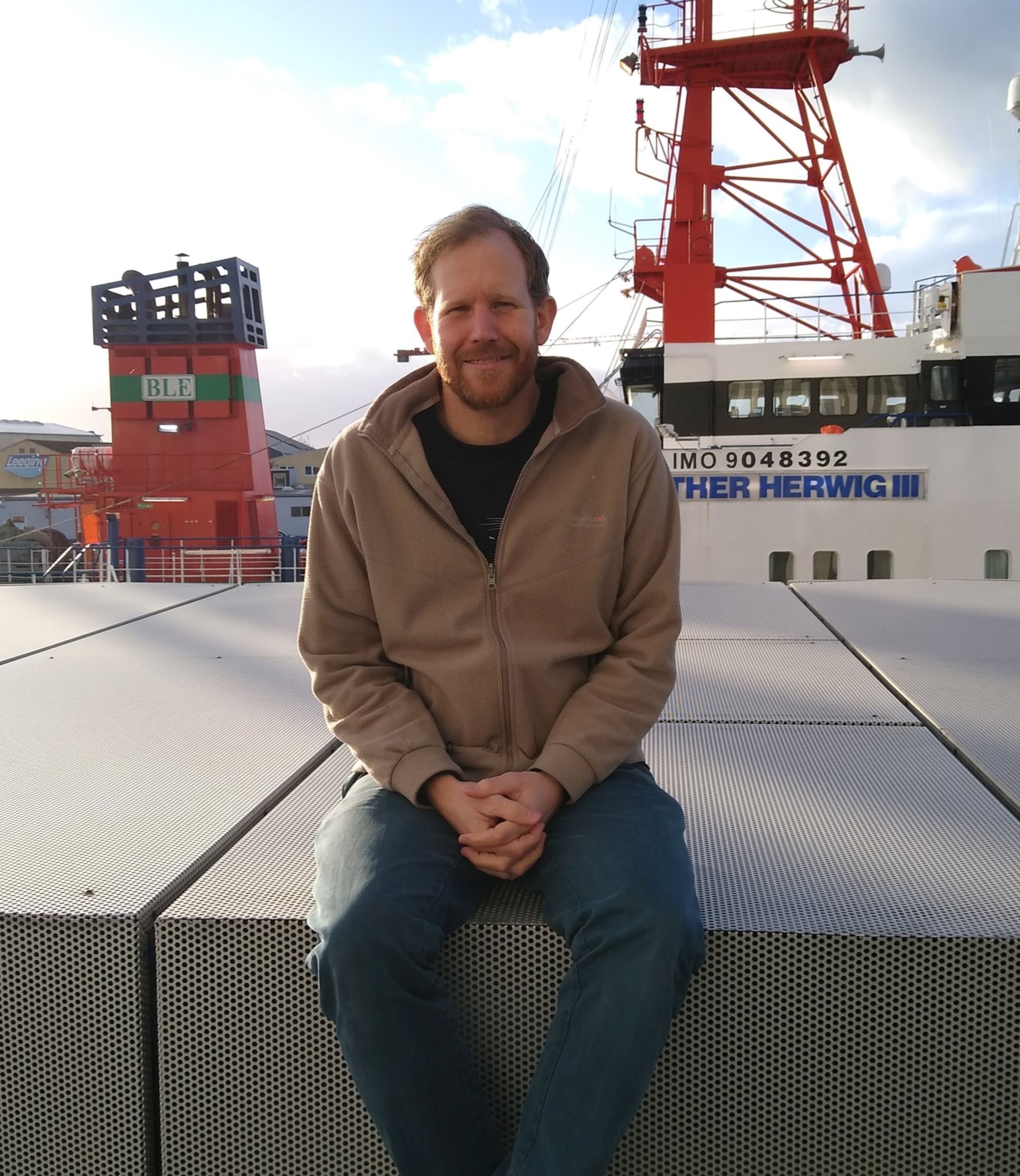SEAwise is led by a core team of partners who lead the programme’s work themes and regional case studies, and spearhead the fantastic work being done to encourage our SEAWise Network to get involved in all areas of our research. They bring their knowledge and experience of fisheries and marine ecosystems, not to mention their enthusiasm and passion, to make a real impact to the longevity of sustainable management systems. Collectively, they make up our Steering Committee.
We spoke with each of them to hear more about what drives them to work towards the implementation of EBFM, and find out what excites them most about their work within SEAwise!

How is EBFM important to you?
I have always been more interested in the macro- than the micro-world, and you don’t get much larger-scale than investigating entire ecosystems, and our place within them! When looking at things from this macro perspective, EBFM can be seen as a crucial concept for guiding our fishing activities so that they are not only productive and prosperous, but so that they also proactively support the goal of maintaining the healthy functioning of entire marine ecosystems.
Which aspects of Ecosystem Based Fisheries Management interest you most, and why?
During my studies, I became interested in simplified models of ecosystems that describe the main species groups within them in terms of their biomass: who eats whom, who is fished, and other similar factors. These models helped me to understand differences between ecosystems, and gave me a language for describing the impacts that different interactions have. I’m pleased to see that many of these tools have been continually improved over time, to the point where they are now being adopted as tools for management within EBFM frameworks.

How do you think your work in SEAwise will improve Ecosystem Based Fisheries Management?
Given the inherent complexity of ecosystems, it’s going to be a challenge to implement EBFM strategies that will be immediately successful on all fronts, supporting benefits across the board from the ecological to the social and economic. SEAwise has taken the approach of boiling this complexity down into a set of indicators that should prove easier to evaluate. These indicators can then be used to reflect the impacts of both historical changes and possible future management strategies. It is my hope that SEAwise will be able to build upon previously-defined work in this area to provide a solid foundation for the continuous monitoring and updating of fisheries management strategies in the future.
Marc’s research interests lie in population dynamics, ecosystem modelling, and sustainable management of stocks. He has developed models for evaluating management of mixed fisheries in the North Sea, and sits on ICES working groups for North Sea stocks. Within SEAwise, Marc is Co-Lead for the North Sea Case Study.
Our dynamic network of fisheries stakeholders is key to SEAwise’s work. We are actively seeking representatives from key management agencies, the fishing sector, NGOs and the scientific community to take part in workshops and other in-person or online knowledge-gathering activities. The shared insights and lived experiences of network members will support the development of a comprehensive understanding of the needs and priorities of a diverse range of fisheries stakeholders, and how to fulfil these.
Stay up to date with SEAwise news and research, hear about upcoming events, and receive updates on fisheries news from across the European seascape.